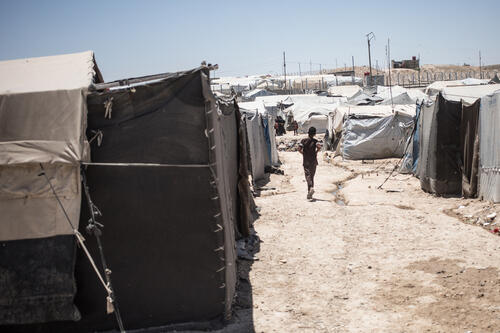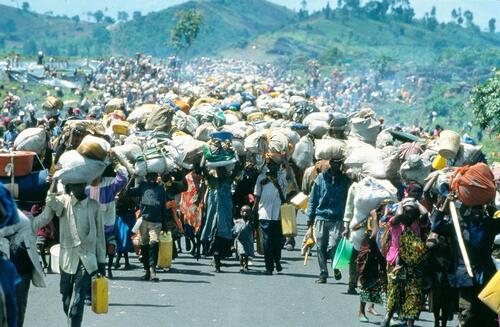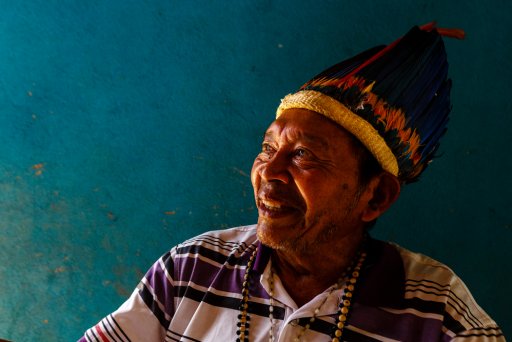Sorry, that story no longer exists on our website
The article or video you are looking for has been moved to our archive. Perhaps another story on this page might interest you?
Scroll down for links to our latest news, crisis explainers and videos from our projects.
Latest news and stories from MSF Ireland
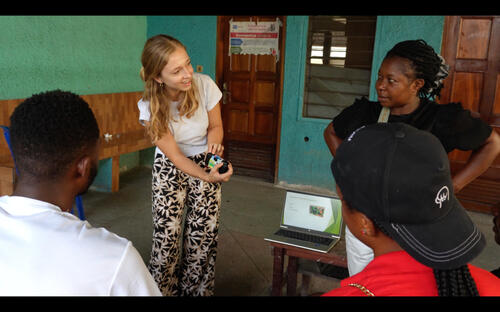
In the Democratic Republic of Congo (DRC), more than 60 per cent of the population is under 20 – a large, energetic, and promising youth population, but one that is highly exposed to HIV.
Learn more
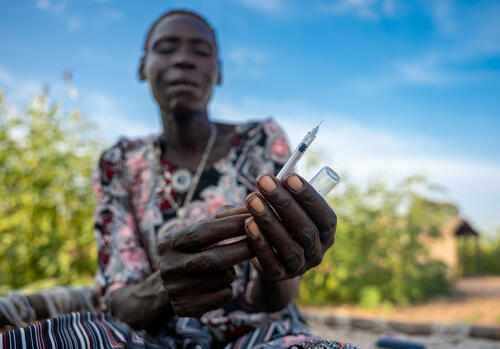
The children of South Sudan's daily struggle with diabetes, and access to the healthcare they need.
Learn more
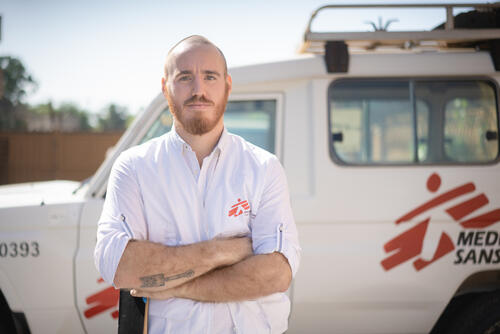
MSF Head of Mission Sudan, Jean-Nicolas Dangelse, wrote a poem about the beauty of Sudan, and the violence that has spread across the country since 15 April 2023.
Learn more
Never miss another story
Sign up to Frontline, our monthly e-newsletter, to stay up to date with MSF's life-saving work in over 65 countries
MSF crisis responses explained
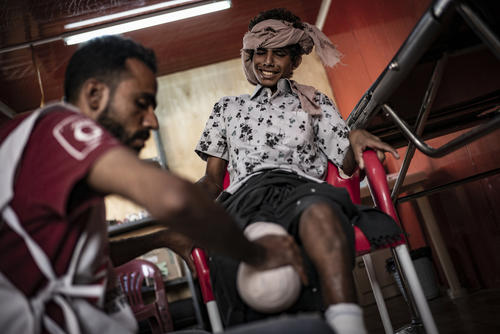
Years of conflict have left millions in Yemen without food, water, or healthcare. MSF is saving lives every day— learn more and support our work.
Learn more
